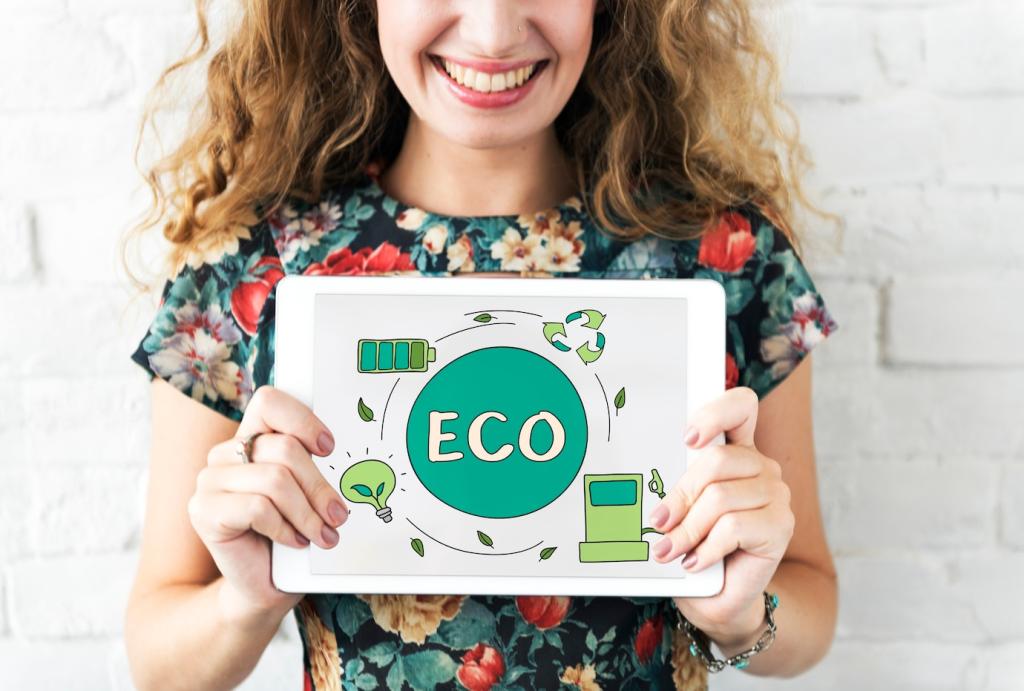SEO Without Losing Your Soul
Map content to genuine questions: how to recycle this cap, whether certifications matter, what a carbon label means. Use keywords to guide structure, not overpromise. Ask readers which questions brought them to your brand and prioritize accordingly.
SEO Without Losing Your Soul
Avoid stuffing vague eco terms. Pair specific materials, processes, and locations with transparent claims. Long-tail phrases like refill station availability or composting instructions attract the right readers and foster long-term trust over quick clicks.
SEO Without Losing Your Soul
Track saves, replies, and repeat visits to impact pages, not only impressions. Encourage readers to subscribe when content genuinely answers their needs. Share what you learned from analytics to keep the community part of your improvement loop.







